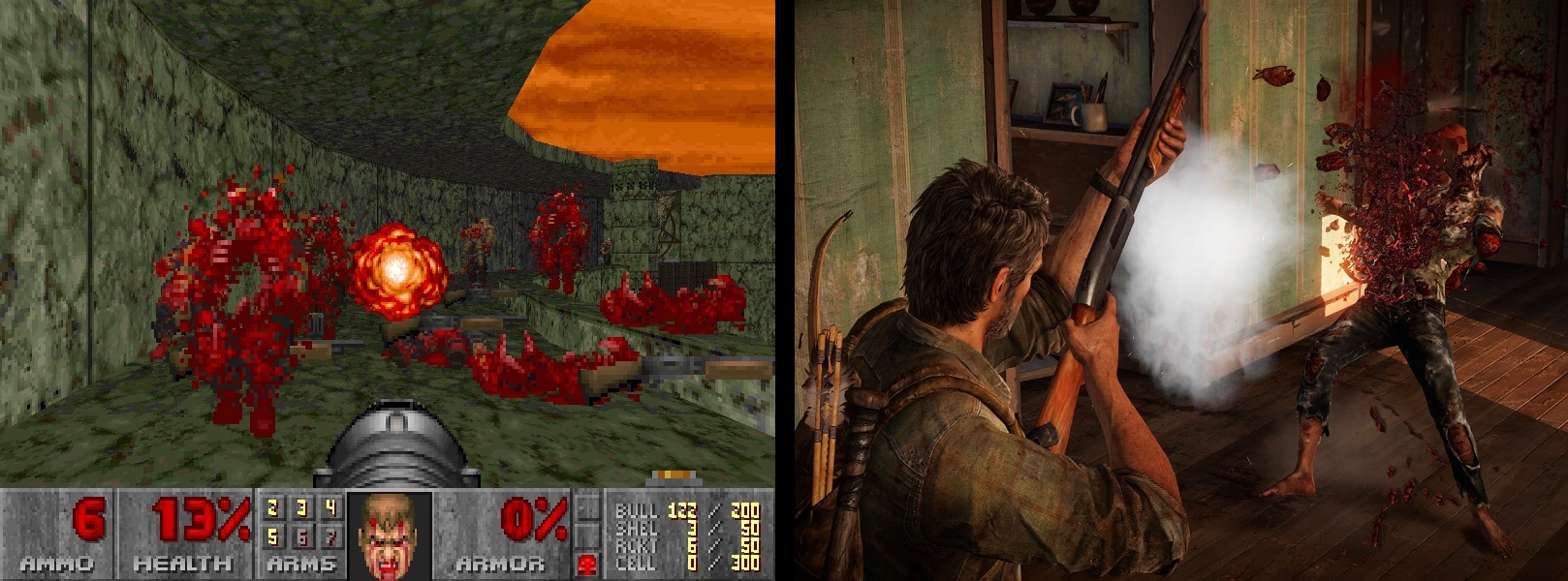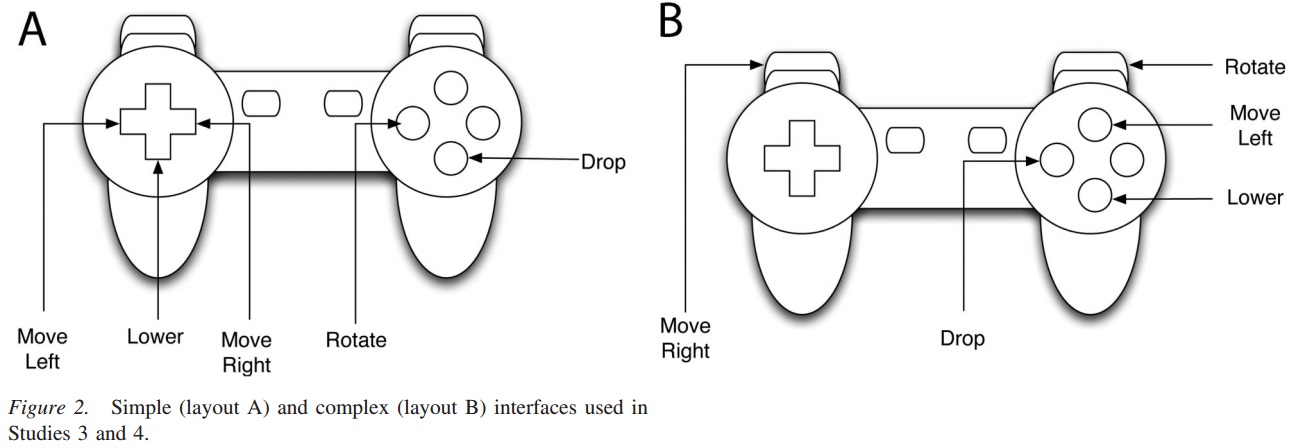
Video game research has predominantly focused on whether playing violent video games leads to real world aggression. Yet nearly two decades of research has made this notion no less contentious; indeed, a special section in Perspectives on Psychological Science’s September 2015 issue was comprised of seven papers arguing and largely talking past each other about the effects of violent video games on children’s mental health. For the most part, it seems that the lines have been drawn between two schools of thought – those in support of the General Learning Model (Buckley & Anderson, 2006 – Book chapter) and in the affirmative about violent gaming’s negative effects, and those opposed. However a recent, more nuanced perspective coming from Self Determination Theory (Deci & Ryan, 2002) may come to help this field out of its current seeming gridlock.
Self Determination Theory postulates that human behavior is motivated by the desire to fulfill three fundamental needs – competency, autonomy, and relatedness. The more a given behavior fulfills these needs, the more likely one is to pursue said behavior, and the more likely said behavior is to enhance positive affect. A recent series of studies conducted by Przybylski, Rigby, Deci, & Ryan (2014) illustrates the importance of considering this within the context of violent video game research. Przybylski et al.’s studies were motivated by the observation that, among experiments that examined the short-term effects of playing violent video games, the longer the study’s procedure allowed participants to play, the less pronounced the effects of violent gaming were on measures of aggressive cognitions and behaviors (Sherry 2001; 2007). The authors argued that this was due to the fact that the violent video games in these studies almost invariably required their players to master more complex systems and controls than the control games. In theoretical terms, they argued that aggression was generally higher after playing violent video games because, compared to control games, these games were less likely to foster a sense of competency. In fact, quite the opposite – by playing for just a short period, players’ sense of competency was arguably impeded due to players first needing to learn the violent game’s more complex systems. This rationale would also explain why in studies where players had more time to master the game’s systems – i.e. more time to foster a sense of competency – the observed effects were smaller. The authors supported these hypotheses across seven studies. In two particularly notable examples, participants were randomly assigned to play different versions of the identical non-violent puzzle game – one version with an intuitive control scheme, and the other with an unnecessarily complex one (see figure below). Despite the lack of violent content, participants in the latter condition exhibited more aggressive cognitions after play.

Not only do these findings highlight the importance of establishing well-matched control conditions in studies on gaming and violence, but they also afford valuable insight for game designers. Speaking to the benefits of intuitive control schemes, these findings affirm that players better enjoy a game when it is easier to control. Alternatively, designers sometimes want players to have negative emotional experiences, for example in moments where players are meant to feel weak. Toying with a player’s sense of competence – either by means of manipulating the controls or the difficulty level – can therefore be an effective way to achieve this. One famous example comes from the emotional climax to Metal Gear Solid 4, where the game’s wounded protagonist agonizingly crawls through a radioactive duct. Players must rapidly press a single button to advance their player; as the music, drama, and danger intensifies so too must players continue pressing the button at an increasingly faster rate. As a result, players embody both the feelings of powerlessness and resolute determination of their character.






